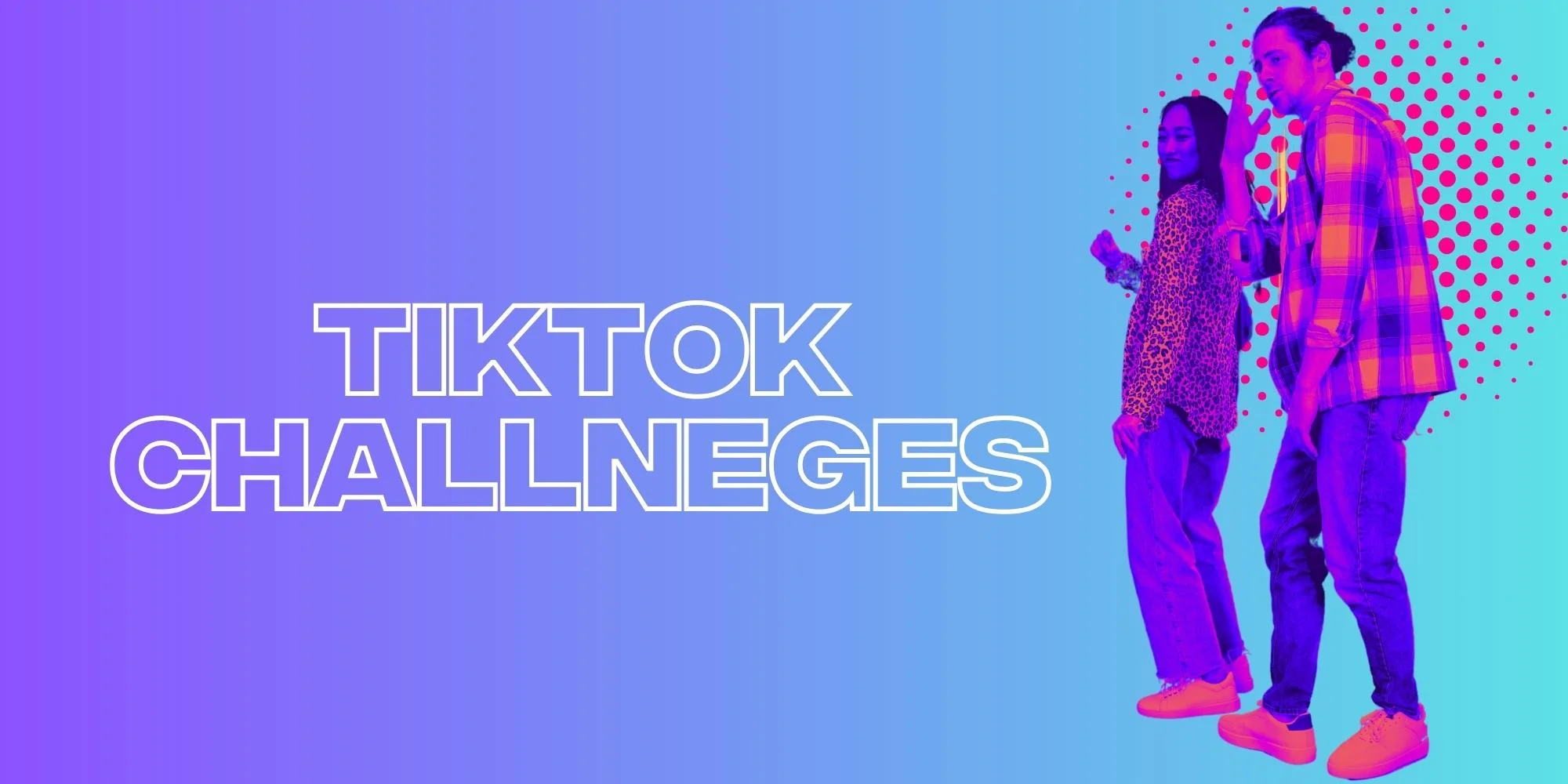Artificial Intelligence (AI) has become an integral part of our daily lives. In 2025, AI-powered personal assistants are smarter, faster, and more helpful than ever before. Thanks to advancements in natural language processing (NLP), these virtual assistants are revolutionizing how we interact with technology and perform everyday tasks. Let’s dive into how this technology is shaping our world.
Why AI-Powered Personal Assistants Are a Game-Changer
AI-powered personal assistants are no longer just about setting reminders or playing music. They’ve evolved into sophisticated tools that simplify life. Let’s explore why these tools have become essential in our lives:
- Seamless Communication: With cutting-edge NLP, virtual assistants now understand and respond to human language with remarkable accuracy. They can pick up on subtle cues like tone and context, making interactions feel natural.
- Time Management Made Easy: Whether scheduling meetings, managing calendars, or sending emails, personal assistants ensure you stay organized without lifting a finger.
- Personalized Assistance: These assistants learn your preferences over time, offering tailored suggestions for your needs, whether it’s a dinner recipe or travel itinerary.
Advancements in Natural Language Processing (NLP)
Natural language processing is at the heart of AI advancements, enabling machines to interpret and respond to human language. Here are some breakthroughs in NLP that are driving the evolution of personal assistants:
1. Improved Understanding of Context
Earlier versions of AI struggled with context, often providing irrelevant or vague responses. Today’s assistants excel in understanding the meaning behind your words. For example:
- They recognize idioms and slang.
- They adapt responses based on your previous conversations.
2. Multilingual Proficiency
Language barriers are a thing of the past. Modern personal assistants can understand and converse fluently in multiple languages, making them invaluable for global users. This feature is especially useful for travelers and businesses operating across borders.
3. Real-Time Speech Recognition
Voice commands are faster and more accurate than ever. NLP advancements allow assistants to process real-time speech with minimal errors, even in noisy environments. This capability makes them reliable for tasks like dictating messages or searching the web hands-free.
Applications of AI-Powered Personal Assistants
1. In the Workplace
AI assistants are transforming productivity in offices. They help with:
- Automating meeting scheduling.
- Drafting and proofreading emails.
- Summarizing long documents.
By handling repetitive tasks, they allow employees to focus on more strategic work.
2. At Home
From managing smart home devices to planning your meals, personal assistants make life easier. You can control your thermostat, lights, and even your coffee maker using simple voice commands.
3. In Healthcare
Virtual assistants are playing a significant role in healthcare by:
- Reminding patients to take their medications.
- Offering preliminary diagnoses based on symptoms.
- Scheduling doctor appointments.
These innovations make healthcare more accessible and efficient.
Challenges and Ethical Considerations
While the rise of AI-powered assistants is exciting, it’s not without challenges. Some key concerns include:
- Data Privacy: Personal assistants collect vast amounts of data to function effectively. Safeguarding this data and ensuring its ethical use is essential.
- Bias in AI: AI systems can inadvertently inherit biases present in their training data, leading to unfair or inaccurate responses.
- Over-Reliance: There’s a risk of becoming too dependent on AI, which could affect our critical thinking and problem-solving abilities.
The Future of AI-Powered Assistants
Looking ahead, the possibilities for AI assistants are endless. Here are some potential future advancements:
- Emotion Recognition: Imagine assistants that can detect your mood and respond with empathy, offering suggestions to cheer you up on a bad day.
- Advanced Personalization: Assistants could anticipate your needs before you even ask, such as suggesting a break during a busy day.
- Integration with Emerging Technologies: AI assistants could work seamlessly with augmented reality (AR) and wearable tech to offer immersive experiences.
Conclusion
The rise of AI-powered personal assistants in 2025 marks a significant milestone in technology. By leveraging advancements in natural language processing, these virtual companions are reshaping how we live and work. While challenges remain, the potential for innovation and convenience is boundless. As we move forward, the focus should be on balancing progress with ethical responsibility, ensuring these tools enhance our lives without compromising our values.







